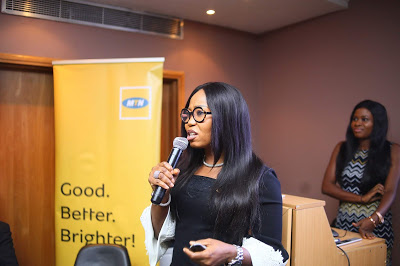
The Lagos branch of the Nigerian Bar Association (NBA) in collaboration with the Commercial Legal Department of MTN Nigeria organised a masterclass for lawyers on best corporate legal practices. This is part of the Lagos Branch’s efforts at deepening industry knowledge through its Continuing Legal Education and Mentorship Committee.
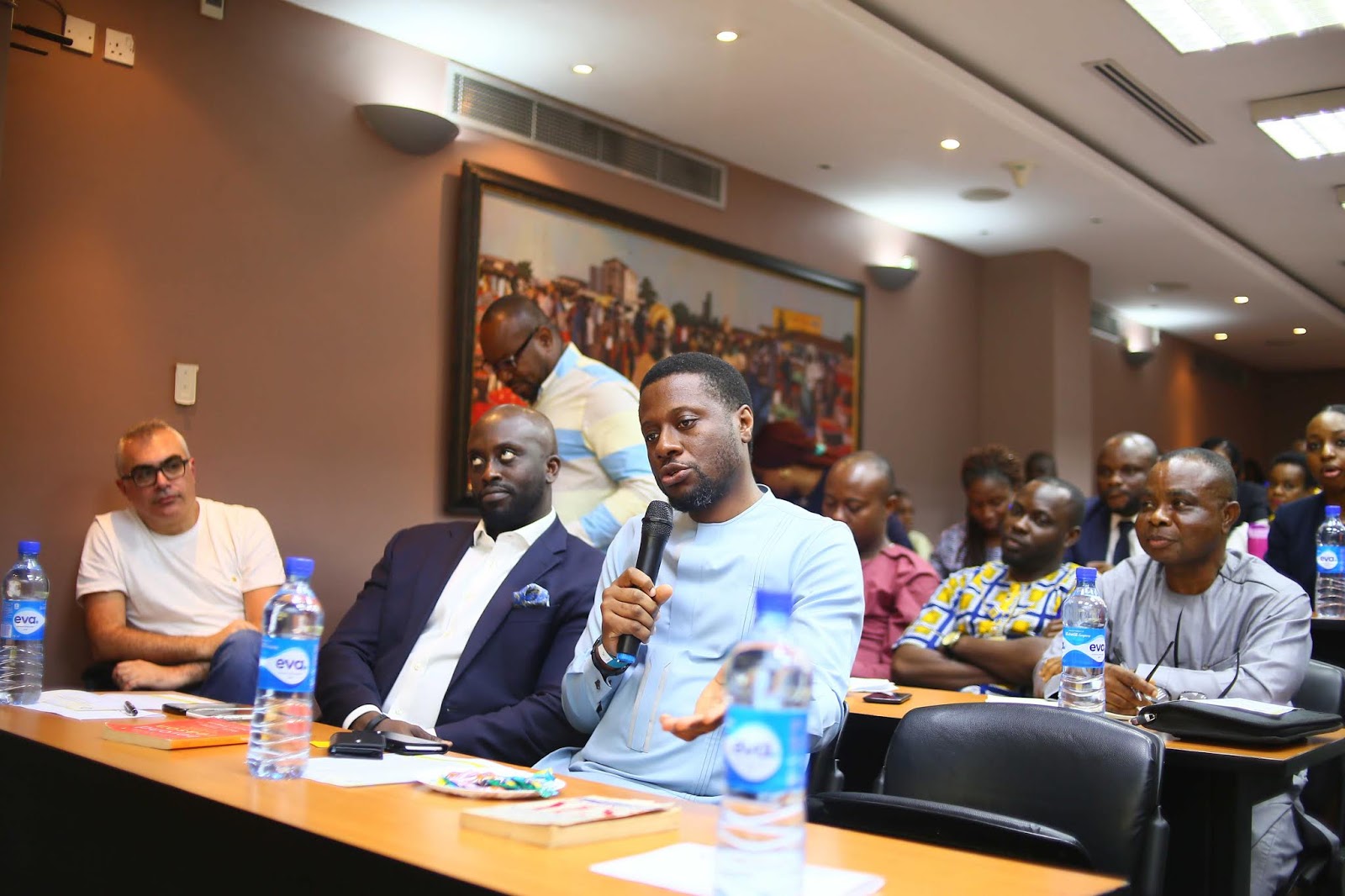
The event, which featured a cross-section of senior as well as young counsel, took place at MTN Nigeria’s corporate headquarters in Ikoyi and saw counsel share best in-house practices, debate, learn and network.
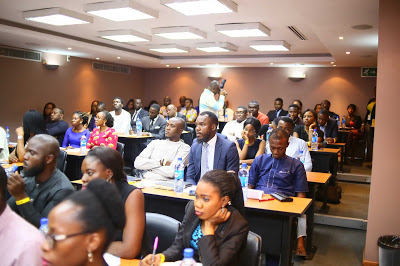
Weaving a variety of in-house case studies with her extensive experience as one of the country’s foremost corporate lawyers, Ifeoma Utah who is the General Manager, Commercial Legal MTN Nigeria, spoke on the increasing influence of the corporate counsel, and highlighted the key strands of being a great corporate lawyer.
Here are five key learnings from her keynote presentation.
In-house teams are essential
For Utah, in-house teams have never been more important and she had a lot to say about this.
“There is more to being a lawyer than just drafting documents and going to court. You have to be a coach, a financial expert, a business analyst and a star negotiator, among others,” she said.
She added that it was imperative that corporate counsel expands their knowledge beyond just law.
“An in-house counsel is a bit of a generalist; you must know a bit of everything because the company that you serve will require you to give advice on a range of issues.
“You must be knowledgeable about the industry, about your company’s products and services, about the culture and the customs of geographic regions where your company operates.”
Risk management
A good in-house counsel must build capacity for risk management. In explaining the MTN approach to this limb, Utah put it this way, “MTN Nigeria runs a risk-based legal services approach. Our belief is that we do not wait for the shoe to drop before we move in. We make sure the shoe does not drop.”
How does the corporate counsel ensure the shoe remains steady and running? Ms Utah puts it rather bluntly,
“Plan, plan, plan for every contingency. Have a Plan A, B, C and D, just in case. Envisage every possibility. It is hard work but the watchword of a smart lawyer is to plan.”
Crisis management
Utah was emphatic about the critical role in-house counsel play in ensuring that their companies integrate legal advice in their decision-making process.
“Crisis Management is indispensable to big business. Research shows that 59% of businesses have experienced a crisis, but only 54% of businesses have a plan in place to deal with them.
“Responsible companies do not relegate their lawyers to the background. They bring them to the table. We are not an afterthought,” she added.
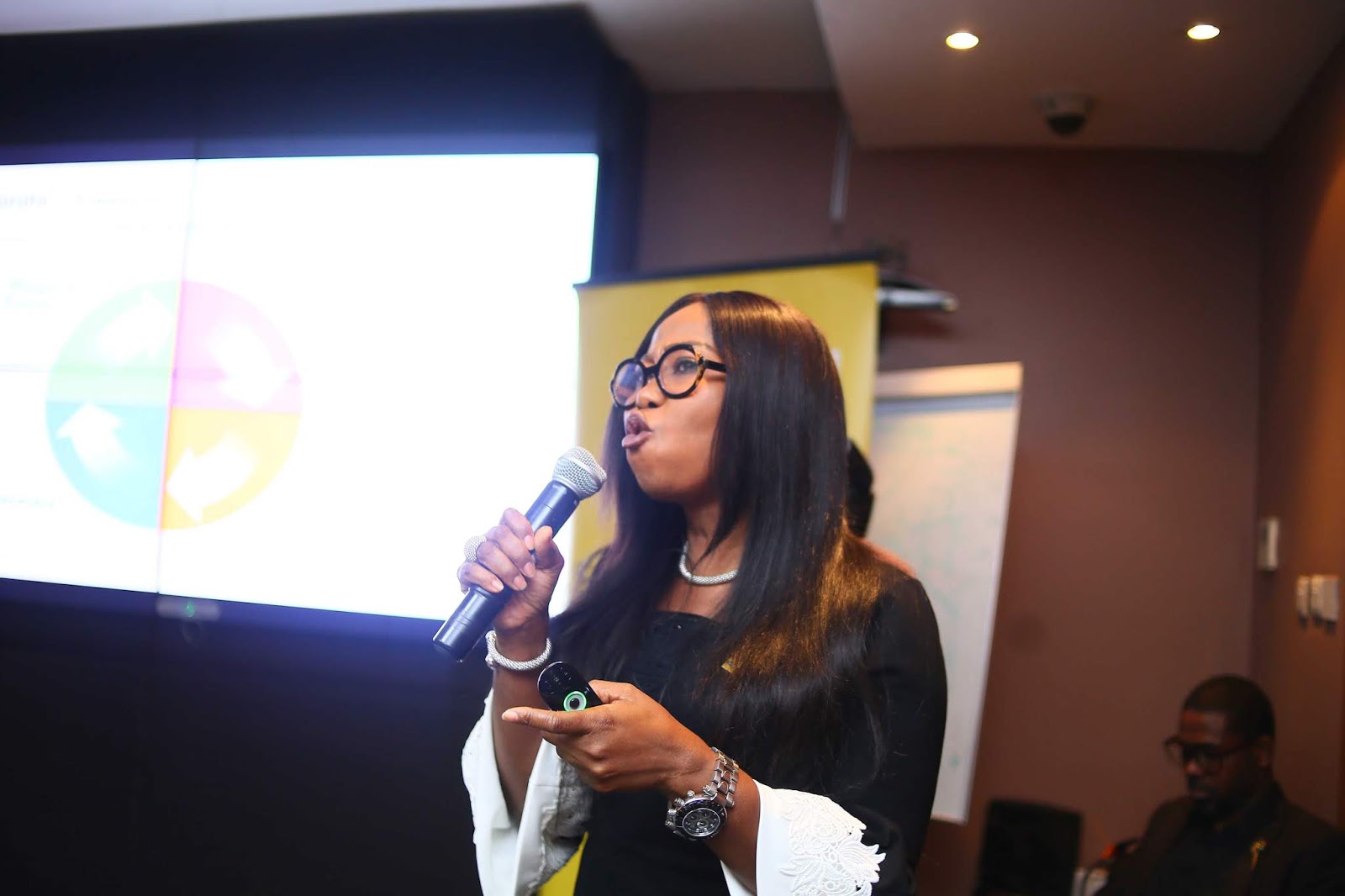
Approach to litigation
It might be a fine art but good in-house teams have a keen eye of matching the right case to the right external law firm. Utah puts it this way: “There are big cases that don’t require a SAN to handle while there might be a N1 million case that we retain a SAN. It’s all about the long term implications.”
In addition, not every dispute has to end in litigation. She told a funny story of a self-professed female fan who in writing a N20 million-demand letter to the in-house team in 2017, said she had been praying for MTN Nigeria since the company commenced operations in 2001 and “now that they [MTN] were successful, the company had abandoned her.”
The team, after conferring with other departments within the company brought the woman and her lawyer in, had a chat and gave her some branded gifts. She withdrew the demand.
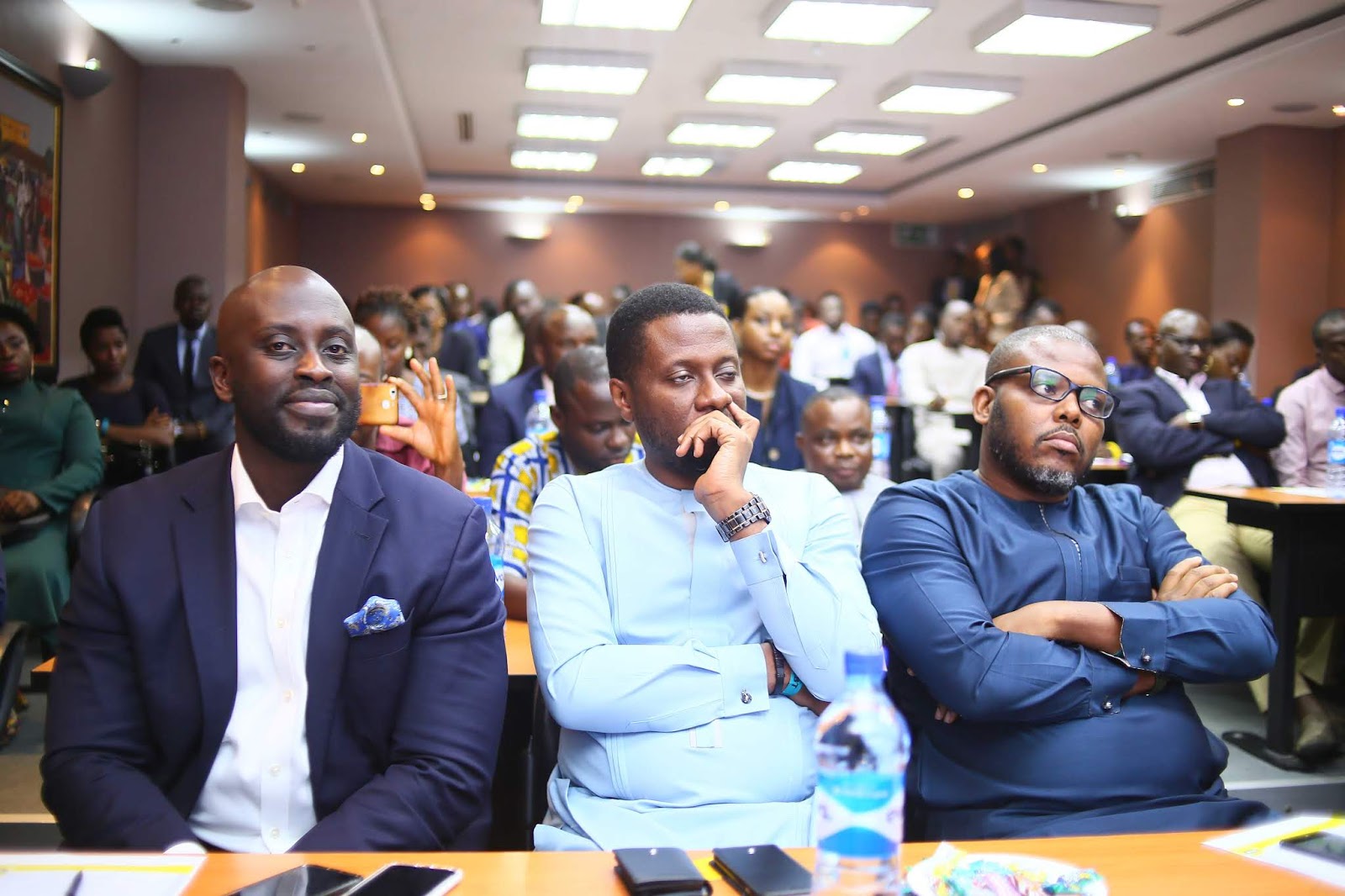
Emotional intelligence
She spent some time speaking about how the corporate counsel should have the right balance with IQ as exemplified by intelligence and the appropriate qualifications and EQ as defined by an emotive, considerate approach to achieving corporate objectives.
In her summation, “Emotional Intelligence is critical to success as a lawyer. You need to understand the vicissitudes of the people you’re negotiating with. It will help with knowing how to press people’s ‘mumu’ button.”
She added that in her experience, emotional intelligence is the key differentiator between two highly qualified people. This is how she summarised it.
“When you have the technical competence pats down, it will be your soft skills that will distinguish you. Always strive to know how to connect with people.”
